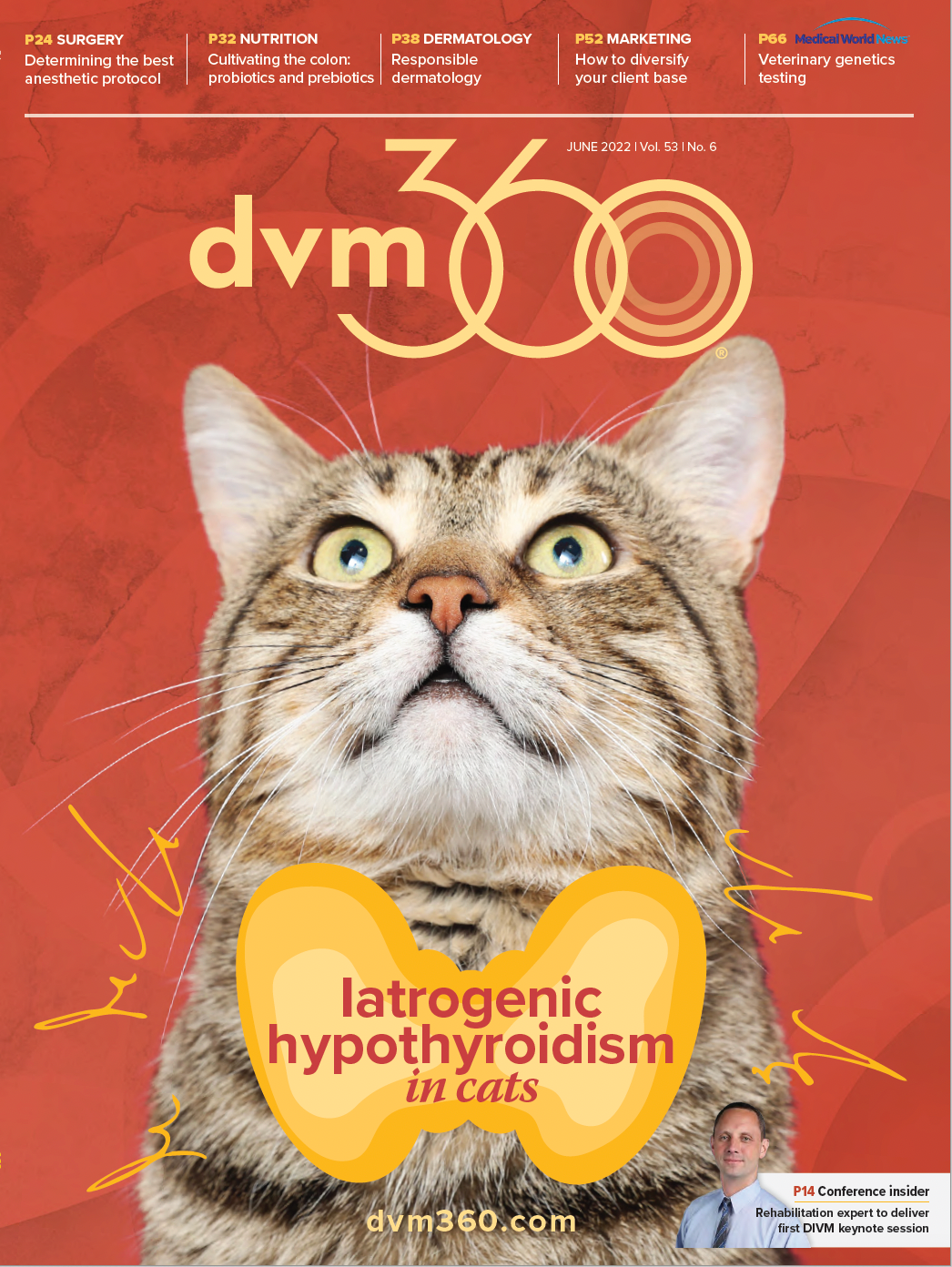Where’s the money?
A veterinarian’s desire to help a staff member leads to a tough business lesson.
juliasudnitskaya / adobe.stock.com

Editor’s note: All names and businesses in this dilemma case are fictitious, but the scenario is based on real occurrences.
Dr Lee Rad owned a successful small animal practice, and during his 18-year career, he had gained the respect of his clients, staff, and the community at large. He practiced progressive veterinary medicine while striving to maintain personal contact with and be available for clients, pet patients, and employees. The practice had 3 doctors, 6 technicians, 5 receptionists, and an administrator. He was on a first-name basis with his staff, celebrated with them at social events, and counted many of his clients among his friends.
Dr Rad encouraged staff members to speak to him about any assistance they might need, even if it involved a personal issue not related to their job. He felt that gestures of this nature were both decent and a way of cementing loyalty and respect. The assistance in question might involve extended paid leave, help with uncovered medical needs, or a loan, with the understanding that it would be repaid.
Not long ago, a technician asked Dr Rad for a loan of $1500 for an unexpected car repair (the car was essential to her being able to generate income). She said that she could pay him back within a reasonable amount of time. Dr Rad was willing to help; this was an example of the comfort level he had worked to establish with staff members. There was no doubt about the urgency of the request, and it was also clear that the employee intended to repay him. Dr Rad lent her the money, knowing that in the unlikely event that it was not repaid, he could deduct small sums from her salary.
Eight months later, the technician still had not made any attempt at repayment. When Dr Rad asked her about it, she said she didn’t have any money to spare. He then mentioned that he would begin to take a small amount from her biweekly paycheck to reduce her obligation.
The technician said that she was working very hard at her job and performing well. He agreed. She apologized and pointed out her financial straits once again. She also said that docking her paycheck without permission was a workforce violation, repeated her intention to eventually repay the debt, and said that if he felt strongly about immediate repayment, a legal response would be her only option. Although he did not show it, Dr Rad was flabbergasted. He told the technician that he understood her position and would think about the issues involved before letting her know his decision.
Dr Rad was annoyed and immediately thought that, indeed, “no good deed goes unpunished.” When he calmed down, he realized that the loan his technician had signed said nothing about an exact payback date or collection options. He also did not wish to terminate the technician because she was a skilled worker and such an action would appear punitive. He concluded that this was truly a live-and-learn situation.
As generous as one might choose to be with staff, workplace parameters must not be forgotten. Signed agreements, be they contracts or simple loans, must have specific, mutually agreed upon terms. Finally, where money is concerned, all bets are off. Never approach the subject casually because it is very serious.
Rosenberg’s response
The days of taking an informal approach to running a veterinary practice are gone. Comments like “Just take care of that invoice when you get a chance” or “I will think about giving you a raise a little later this year” or “Would you drop this medication off at Mrs Thompson’s on your way home?” can lead to unintended complications. Veterinary medicine has become big business. To avoid a situation like that of Dr Rad, never neglect workplace etiquette, always act in a professional, businesslike manner, and always be aware that, sadly, money changes everything.
Marc Rosenberg, VMD, is director of Voorhees Veterinary Center in Voorhees, New Jersey. Although many of the scenarios Rosenberg describes in his column are based on real-life events, the veterinary practices, doctors, and employees described are fictional.
